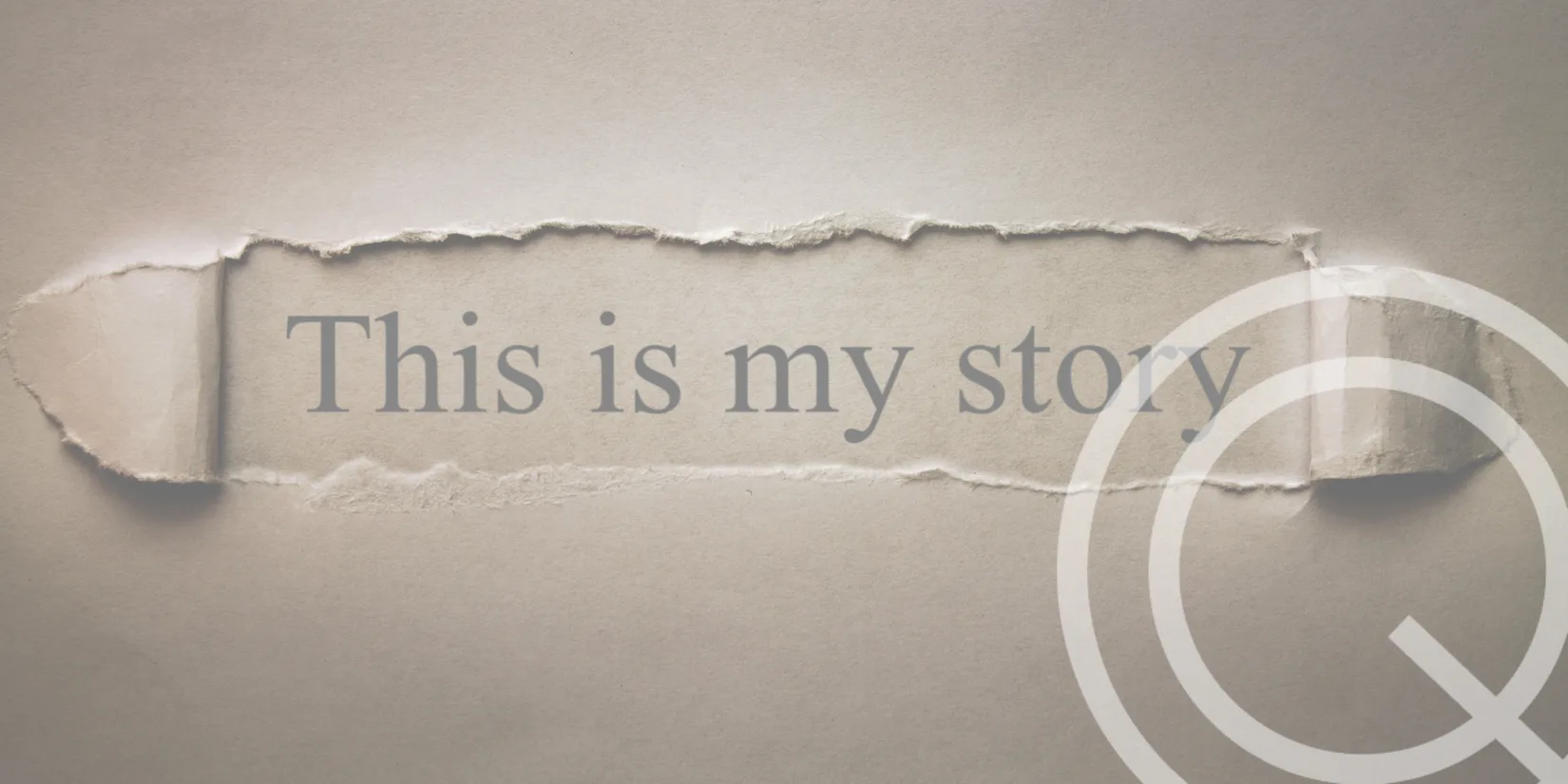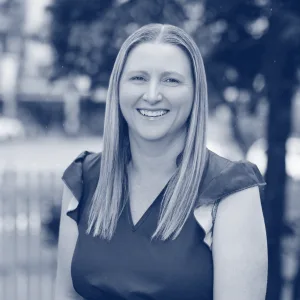
KEY TAKEAWAYS:
- a poorly handled workplace investigation can pose a psychosocial risk to participants and investigators
- psychological harm can be mitigated by five key workplace investigation practices:
1. ensuring procedural fairness
2. taking a trauma-informed and person-centred approach
3. providing support to all participants
4. conducting investigations in a timely manner
5. closing the investigation loop to ensure all participants, particularly the respondent, are aware of the outcome and safely managing employees and their relationships going forward.

A workplace investigation is a key control measure employers can use to address unacceptable workplace behaviours and misconduct to ensure the broader health and safety of employees.
However, if the investigation process is not well planned, conducted and managed, there is a risk it could inadvertently cause psychological harm to participants, which could result in further employee complaints.
In this second article in a three-part series, we examine five fundamental workplace investigation practices that can help employers and their internal investigation teams minimise the risk of an investigation becoming a psychosocial hazard.
1. Ensuring procedural fairness
Procedural fairness, or natural justice, is the foundation of a psychosocially safe workplace investigation. It requires the investigator to:
- make a reasonable attempt to obtain all relevant evidence including witness, documentary, electronic and other evidence
- ensure the respondent knows the case against them and is provided with a full opportunity to respond to the allegations. This includes:
– affording reasonable time to consider the allegations and prepare their response
– allowing the respondent to choose the way they wish to respond (written and/or oral)
– welcoming additional documentary or other evidence from the respondent, to respond to additional adverse evidence, or for a reasonable time before the investigation process is completed. - carefully and impartially assess whether, on the balance of probabilities, the evidence supports the conclusion that the alleged conduct occurred.
2. Taking a trauma-informed and person-centred approach
Adopting a trauma-informed approach means understanding trauma, its impacts on memory and how to create an environment in a workplace investigation that makes participants feel physically and emotionally safe, heard, understood and respected. This does not diminish the impartiality or rigour of the investigation process. To the contrary it helps:
- minimise the re-traumatisation of participants
- elicit better information during interviews
- deliver more accurate investigation findings
- enhance employee trust in the investigation process
- support a ‘safe to speak up’ workplace culture.
Each investigation will be different, depending on the nature of the complaints being investigated, the workplace context, the backgrounds of the participants, and even the potential effects on the broader workforce.
However, key elements of a trauma-informed approach will ideally be adopted in all investigations. These include:
- explaining the investigation process and finding out the complainant’s preferences, such as whether they are comfortable being identified, or instead require anonymity, to foster safety, trust and agency
- planning the investigation with sensitivity, including the choice of investigator, and order of interviews
- creating a safe and confidential interviewing environment where participants feel comfortable, such as an online interview from the privacy of a participant’s home, or in a neutral and private space, away from the participant’s colleagues
- using trauma-informed interviewing techniques to build rapport, including deep listening, and open-ended questions that allow participants to feel in control such as “Start where you feel comfortable”, “Tell me what you remember?”, and “Help me understand what you mean by …”.
- offering a variety of support options and encouraging participants to utilise them throughout the entire investigation process.
We delve deeper into trauma-informed interviewing techniques in this article, Interviewing with sensitivity: 10 trauma-informed interviewing techniques.
3. Providing support to all participants
Providing appropriate support to all participants throughout the investigation process plays a critical role in maintaining both a procedurally fair and trauma-informed process.
For all investigations, and particularly those involving whistleblower complaints, it is important to conduct a risk assessment in relation to the potential for victimisation and retaliation of investigation participants.
The risk assessment should specifically consider whether the complainant and or witnesses are vulnerable to exposure, physical threat, bullying, harassment or any other detrimental conduct and how the risk can be effectively eliminated or mitigated.
Participant support includes offering access to:
- an independent internal employer contact who ensures ongoing communication about the process with all participants and limits, as much as possible, the length of time without any communication or updates. When an investigation arises from a whistleblower report, it is particularly important to provide appropriate support to the whistleblower. A case manager or liaison person can perform the important role of an intermediary which includes for example:
– passing on questions from the whistleblower to the investigator
– actively managing the risk assessment plan and ensuring safeguards remain in place in terms of confidentiality and victimisation
– facilitating the provision of practical support, such as leave arrangements
– receiving timely information about changes in the whistleblower’s circumstances
– monitoring and supporting the whistleblower’s role in maintaining confidentiality
– providing periodic updates and information during the key milestones of the process. - a support person during the entire investigation process, particularly during the interview
- the relevant Employee Assistance Program, if available (It is important to remind participants of this opportunity on an ongoing basis, including the contact details or other methods of access)
- specialised support and accommodations – employers should carefully consider the circumstances of the investigation and the needs of participants. This may require offering specialised support or making accommodations during the investigation process and interviews. This support could include offering the support of a cultural advisor and/ or interpreters, emergency response or critical incident support, medical support, disability support services, support for neurodiverse participants or lived experience/peer support services.
4. Conducting investigations in a timely manner
Conducting investigations in an efficient and timely manner minimises the stress associated with the process for all participants.
Australian courts and tribunals are attuned to respondents being disadvantaged by the passage of time and the impact being under a cloud of suspicion has on their health and wellbeing.
However, timeliness should be balanced with procedural fairness with respect to participants’ recall of relevant events and ability to locate and secure documentary evidence, as well as thoroughness to enable all relevant evidence to be collected and appropriately tested.
5. Closing the investigation loop
While often forgotten, closing the loop is the last key step in managing the risk of psychosocial hazards associated with workplace investigations. This necessitates ensuring that all participants understand the process and the outcome. This step is particularly critical for the respondent, as Commissioner Schneider noted in a recent Fair Work Commission decision.
“Employees subject to allegations that, if substantiated, could result in a breach of policy and jeopardise their ongoing employment should be carefully and thoroughly informed of any investigation and findings. The employee subject to the allegations should not be left wondering about the status or findings of any investigation.”
Importantly, closing the loop also includes safely reintegrating all participants into the workforce. Appropriate support is particularly important if the investigation led to a disciplinary outcome against the respondent, such as the respondent’s temporary suspension or dismissal, or in cases where some interviewees are significantly impacted by the investigation process.
Failing to manage participants’ ongoing relationships, such as those between the complainant, respondent and the broader workforce, can be highly detrimental to employees and workplace culture.
———————————————————————
The final article in this three-part series focuses on the health and wellbeing of investigators. It will outline the practical ways employers can safeguard team members who regularly lead workplace investigations from psychological harm and burn-out. It will also offer some self-care suggestions to investigators.
More information
Seasoned workplace investigators from Q Workplace Solutions – one of Australia’s largest independent specialist workplace investigations firms – have developed a specialist training workshop to help internal workplace investigators and legal, HR and compliance professionals expertly manage and conduct a sexual harassment investigation using trauma-informed practices to minimise the risk of harm to participants. This final 2024 Q Workplace Training workshop – Sexual Harassment Investigations – is being held online over two half days on 27 and 28 November. Book here.
Q Workplace Solutions’ team of experienced and legally qualified investigators are trusted by public and private organisations, including ASX-listed companies and government departments, to investigate complex and often highly sensitive allegations of employee wrongdoing. They also undertake culture reviews of organisations, divisions or teams, and provide coaching and external advisory support to internal investigation teams.






